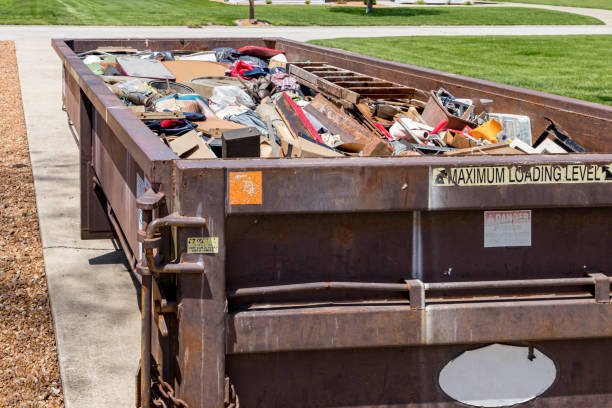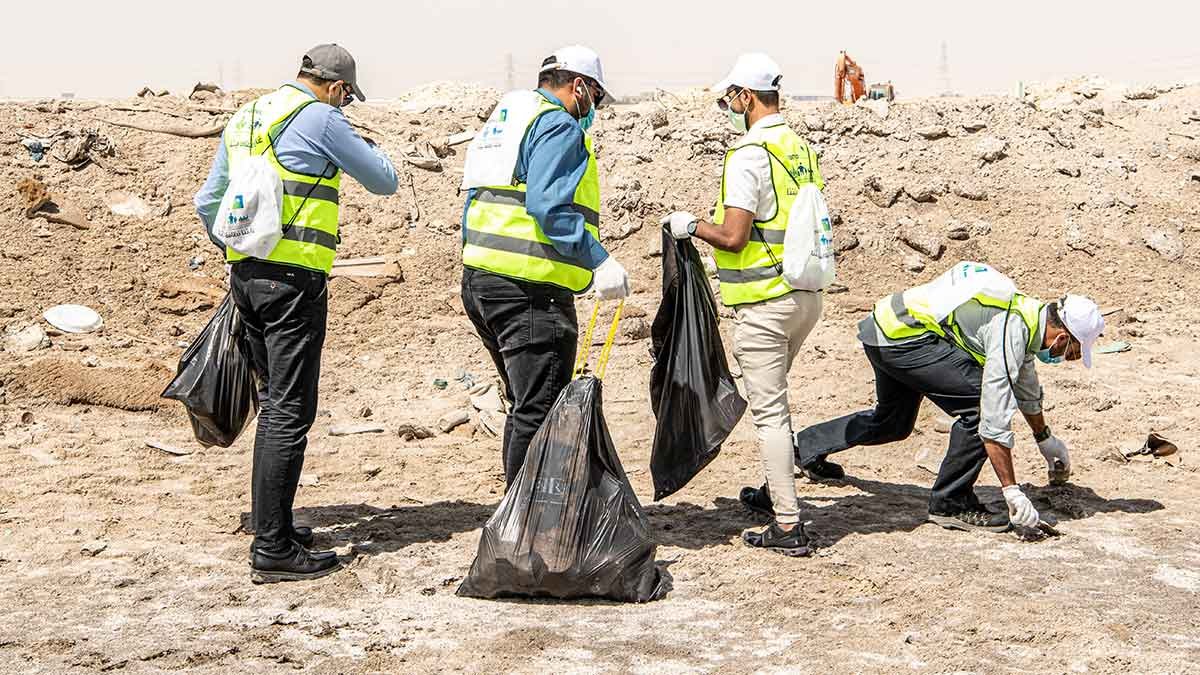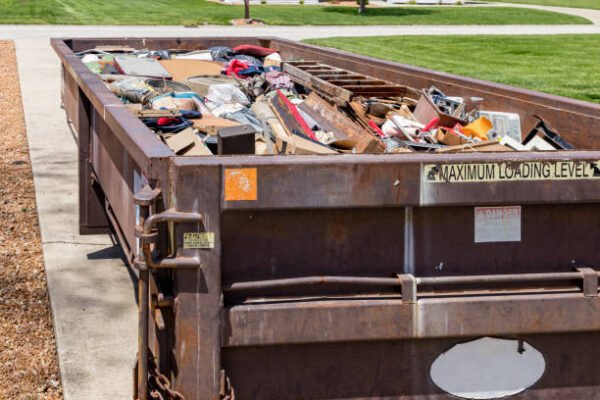How Do You Clean Waste from Construction Sites?
Recycled building materials from construction account for approximately half of all solid waste on Earth. In the US alone, it makes up one-third of all waste known as “construction waste”. Construction sites may easily get untidy, and contractors and property owners may need to deal with the trash left. Your trash pickup services won’t eliminate the construction waste for you, so you need to find an alternative. You’ll need an efficient cleanup procedure to prevent your building from becoming a walking security hazard.
Here, we will discuss how you can clean waste from construction sites.
Vacuum Regularly to Reduce Dust
If you’re incapable of decreasing dust or other pollutants at the source, regular vacuuming is the next easy and best method to deal with it. By keeping your site tidy, vacuuming helps to ensure that everyone who works there is in a safe environment.
Vacuuming after each workday is a top tip for maintaining cleanliness on a construction site, and hiring a professional cleaning company can be an option.
Set up Designated Areas for Waste Accumulation
The first stage in confirming a smooth and easy cleaning of your construction site is to set up designated areas for waste accumulation. Having a designated area for building site waste materials (think metal, brick, and soil) will help keep your site clean and reduce risks, whether working alone or with a group of workers.
In the end, having a designated area will also save you time while collecting waste from the surrounding area.
Sediment and Dust Control
Construction sites are probably occupied with sediment, some of which can be dangerous for workers. Sediment control procedures help decrease environmental risk, including erosion mats, sediment control cloth, installation of silt fence, and raised exit pads made from crumpled rock.
If not managed, dust and tiny particles can lead to respiratory disorders. Some examples of dust control methods are regular watering, poly sheeting, dust control fabric, chlorides, mulch, stone, and soil stabilizers.
Rent a Dumpster for the Collection of Waste
For any waste that isn’t recyclable. It’s easy to rent a dumpster and keep it on-site. As you progress through the project, this offers a vital pivot for collecting waste in one common place.
After that, call the dumpster rental company or transport it to a nearby waste disposal facility. Choose a suitable size from various options, but note that full-size charges apply regardless of the amount filled.
If you are looking for dumpster rental services in Arnold, Missouri.you should search online top-rated dumpster rental companies such as dumpster arnold mo.
Recycled & Reused the Construction Material
There is a lot of material on construction sites that may be recycled or reused. Huge drywall scrapes are reusable for portions of filling material. Bricks, rubble, and clean concrete chunks can all create the backfill along the foundation walls.
Mulch can be created from scraps of uncoloured wood. If the material is useful to someone else, you can also give it. For reusable items, keep a different container.
Waste Management by Commercial Dumpster Rentals
Commercial dumpster rentals are a useful resource for both large and small businesses. During building projects, you can store waste in dumpsters on the construction site or engage a company to remove waste regularly.
Commercial dumpster rental reduces waste, complies with environmental regulations, and improves workplace efficiency. Homeowners use it for basement or garage cleaning, construction waste removal, and more.
If you are looking for Dumpster Rentals services in Fort Myers, FL.Do not hesitate to access online dumpster rental provider companies such as commercial dumpster rentals fort myers fl.
Keep Track of the Stock and Avoid Overstocking
To avoid construction waste, your inventory planning must be accurate. The materials you order and stock must be the actual requirements. Avoid overstocking. Less material waste will occur if your workers process and cut the right amount of material for the construction project. Regular audits are essential to ensure the material is used in the best available quantity.









